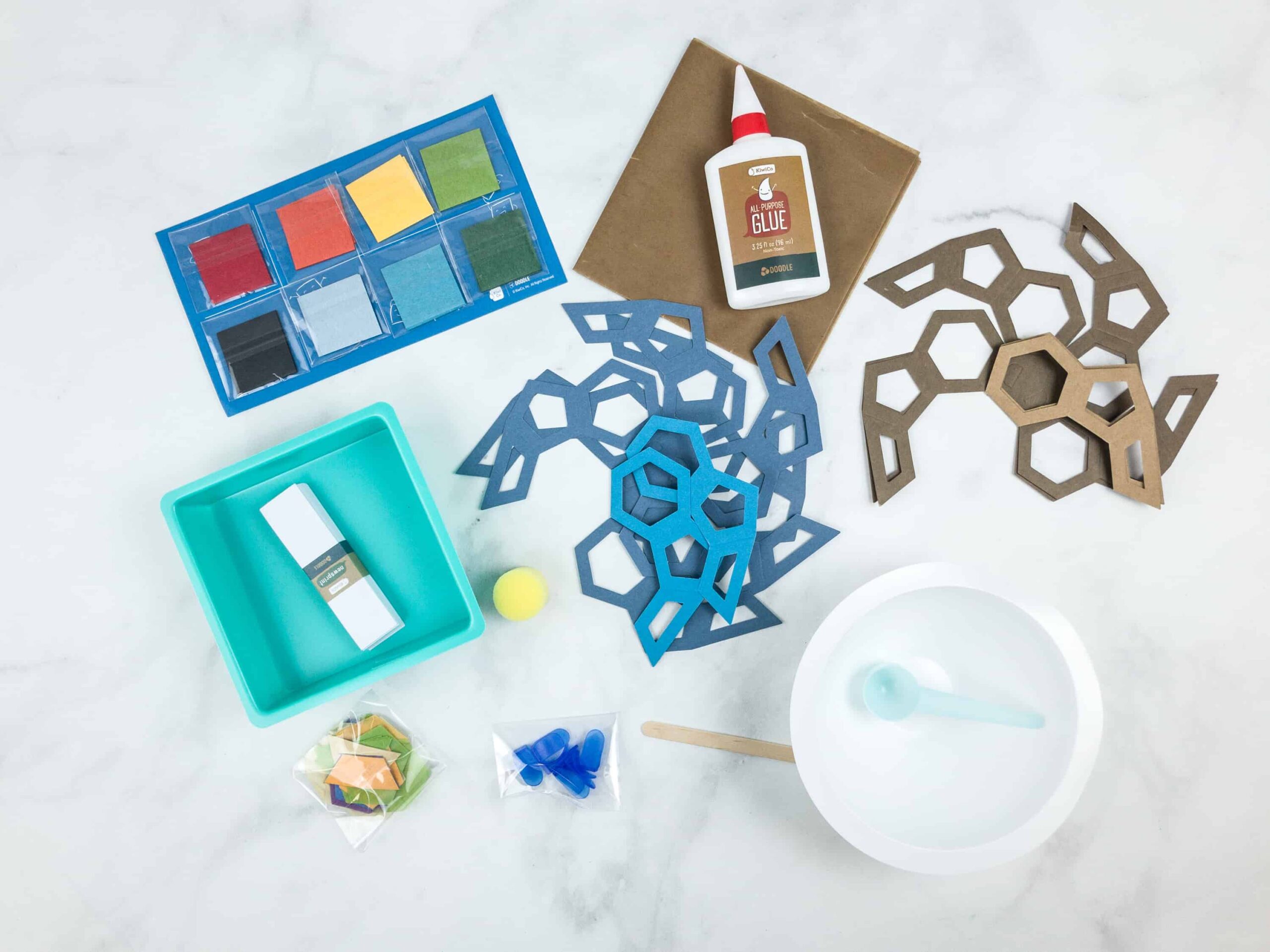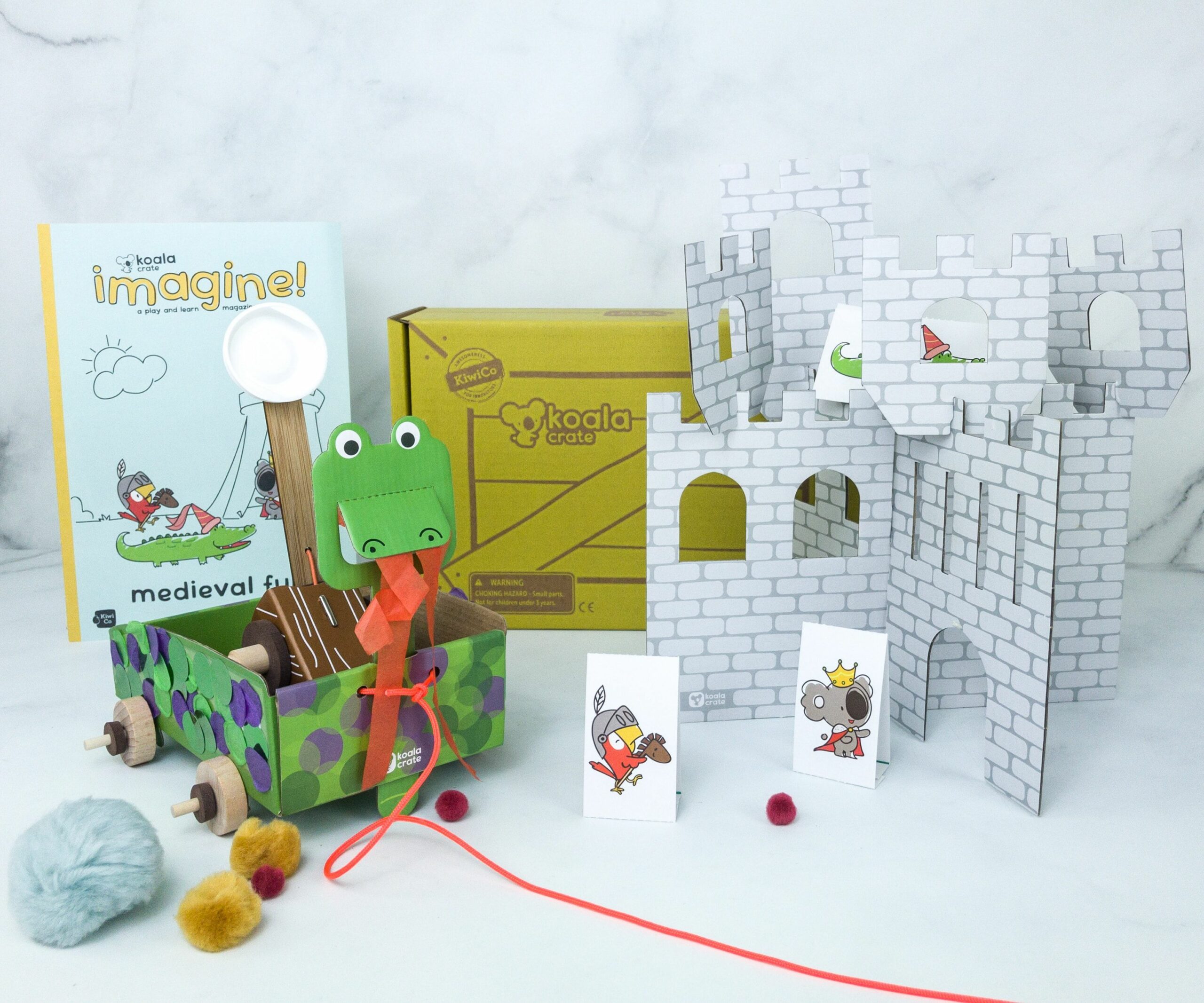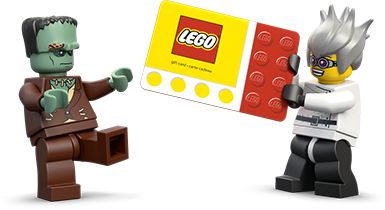Children’s Mercy Hospital, located in Kansas City, Missouri, is ranked as one of the top ten pediatric hospitals in the United States. Their pediatric practice areas are wide-ranging and expert and include comprehensive treatment in the areas of Hematology, Oncology, and Blood and Marrow Transplant.
Give InKind recently sat down with Hollee Muller, MSW, LMSW, LCSW, who serves as the Parent to Parent Program Coordinator for Children’s Mercy. In addition, Muller is a Board Member of the Association of Pediatric Oncology Social Workers, a national organization whose mission, among many other goals, is to scaffold the psychosocial well-being of the entire family facing a pediatric cancer diagnosis. She describes the most common parental and familial initial response to the shocking and life-altering diagnosis of pediatric cancer or other blood diseases.
“You don’t know what you need, because you are in shock and cannot process the diagnosis, let alone understanding what you may need help with … Pediatric cancer is a whole family diagnosis. The whole family struggles. [At Children’s Mercy Hospital] we support the whole family.”
– Hollee Muller, Parent to Parent Coordinator, MSW
At Children’s Mercy Hospital, in addition to a robust psychosocial care team, the Parent to Parent Program offers an additional layer of support from initial diagnosis through treatment and post-treatment care. There are trained mentors available – parents who have, themselves, faced a similar circumstance. Parents whose children have been newly diagnosed and are admitted, receive a “new parent bag," containing things like adult towels, a bathmat, shampoo and conditioner, and other comfort items. Muller describes a parent who initially resisted this bag and ultimately accepted it – with understandable companion anger and confusion. She later described the bathmat as “her spot." It became the one place in the hospital where she could be alone.
In addition, there are parent lounges available with access to much-needed laundry facilities, meals served by parent volunteers, and oftentimes donated by local restaurants. A stocked pantry and fridge are made available as well by the support of local donors since many families are unable to leave for trips to the grocery store.
Muller underscores that for people wishing to offer actionable items, gift cards are singularly useful – especially if they can be used flexibly. She describes some of the formidable logistical challenges facing families with children in treatment. Distance is a common obstacle – a family with only one car may have trouble getting one parent to the hospital, and the other one to work. They may not live locally. Families in many urban settings often won’t have access to a car at all.
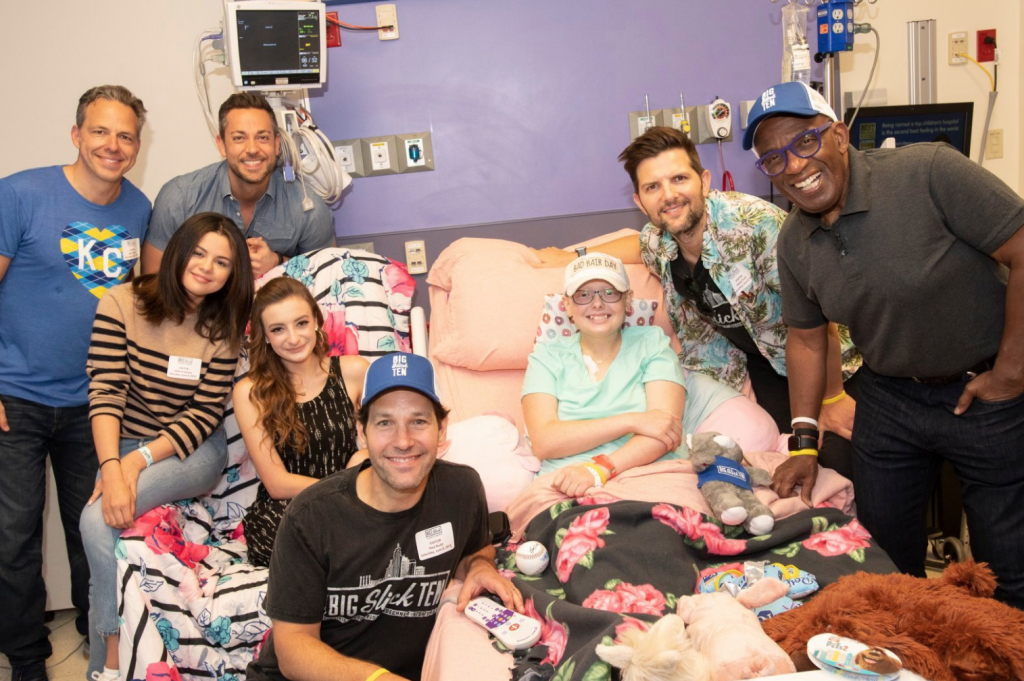
For this reason, rideshare gift cards are hugely helpful. There are bills to pay and so crowdfunding can help – but there are smaller expenses that quickly snowball. Gift cards to pharmacies are always appreciated. Take-out meals that can be sent to the hospital, rather than home often make more sense than a traditional casserole. Gift cards to grab and go grocery type stores where parents can buy whatever pre-made food a child might be able to tolerate that day save money too. A child in treatment may experience nausea – no parent can forecast more than an hour out what will be tolerable on any given day.
There is so much complexity in managing the day to day of pediatric cancer, that food is almost less important than other critical items, many of which are logistical.
“The traditional ”
– Hollee Muller, Parent To Parent Coordinator, LSW
Services continue after formal treatment is complete and patients are invited to join a Survive and Thrive Program. Such programs are critical in that they provide necessary and ongoing support for both patients and families where treatment was successful by the measure of survival – but who may need help in coping with anxiety or with complex PTSD as the result of the illness the entire family experienced together.
In addition, patients and their families may be learning to manage lasting side-effects (neurological or otherwise) as a result of treatment. This program reflects the realities of a “new normal." And it is this set of facts families must sit with. Even when the best outcome is realized, there are no simple “happy endings" in pediatric oncology or diseases of the blood, many of which have no cure. And while families carry abundant gratitude for a “good outcome," so too do they carry other things – fear of jinxing it, PTSD, anger.
Meanwhile, the race to celebrate “good news" offered by friends and family (in a spirit of absolute love) may be inadvertently incongruous and unhelpful with the experience of a patient and family who do a lot of dreading/waiting – marking time between the next scan, blood work, or medical appointment. One mother leaned over a table and told me candidly that while she was daily grateful for her daughter’s survival, she did not think she would ever truly relinquish the anger she carries.
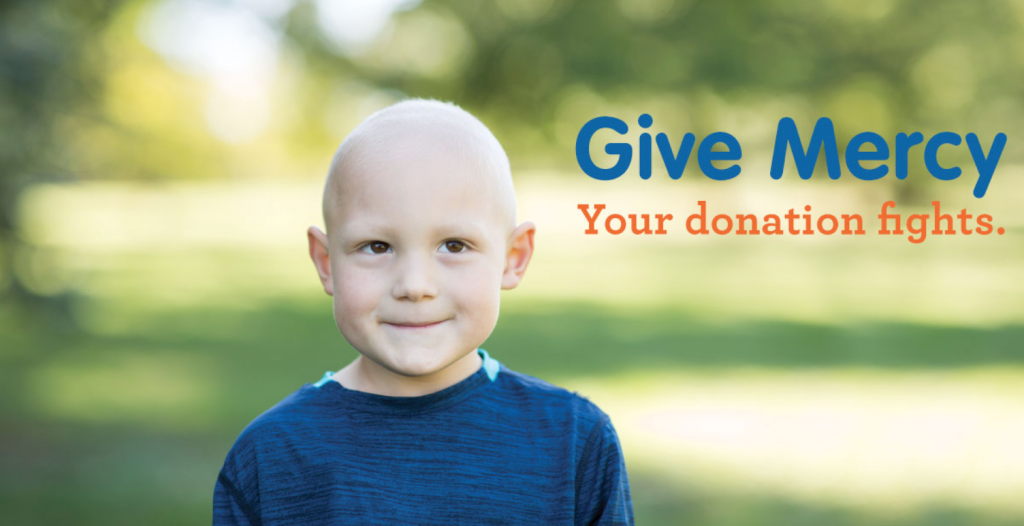
Muller explains that including siblings in treatment and keeping them in the loop in a way that is age-appropriate can be critical. They are on the team. She points to the singular role a sibling can play if they are a match for bone marrow transplant. In different ways, it is equally important to talk to a sibling who proves not to be a match. Both of these scenarios are a lot to carry. When children are not given a complete story they are likely to make one up. I am reminded of the story recounted by the writer Anne Lamott.
“An eight-year-old boy had a younger sister who was dying of leukemia, and he was told that without a blood transfusion she would die … They asked him if they could test his blood … So they did and it was a good match. Then they asked if he would give his sister a pint of blood, that it could be her only chance of living … the next day he went to his parents and said he was willing to donate the blood. So they took him to the hospital where he was put on a gurney beside his six-year-old sister. Both of them were hooked up to IVs. A nurse withdrew a pint of blood from the boy, which was then put in the girl’s IV. The boy lay on his gurney in silence while the blood dripped into his sister until the doctor came over to see how he was doing. Then the boy opened his eyes and asked, “How soon until I start to die?”
– Anne Lamott (attributed)
Children’s Mercy also offers a bereavement program so that on-going support is offered to family members in the event that a pediatric oncology diagnosis proves to be terminal. The bereavement program uses mentor families to offer support to families coping with unfathomable grief – services can be extended for as long as necessary in a nod to the fact that there is no timeframe for making sense of something as incomprehensible as the death of a child from cancer. Making sense of a loss like that can underpin some aspect of an entire life’s work. Social media has been incorporated into the bereavement support program to continue reaching families where they are “at" either geographically or on their grief journey.
Big Slick, an annual event hosted by actor Paul Rudd and friends which serves as a fundraiser for Children’s Mercy necessarily migrated to a virtual platform in 2020 as a result of the COVID-19 pandemic. To learn more, and contribute to Big Slick in 2021, click here.
To donate to Children’s Mercy Hospital now, click here.
For a Wishlist assembled by Children’s Mercy Hospital, click here.
Click here to learn more about the full range of pediatric offerings available at Children’s Mercy Hospital
Learn how to create a Give InKind page for a family with a sick child or facing a pediatric cancer diagnosis.
Helpful Products
Give InKind does not provide medical advice, diagnosis, or treatment. We have an affiliate relationship with many of the advertisers on our site, and may receive a commission from any products purchased from links in this article. See Terms & Conditions.
